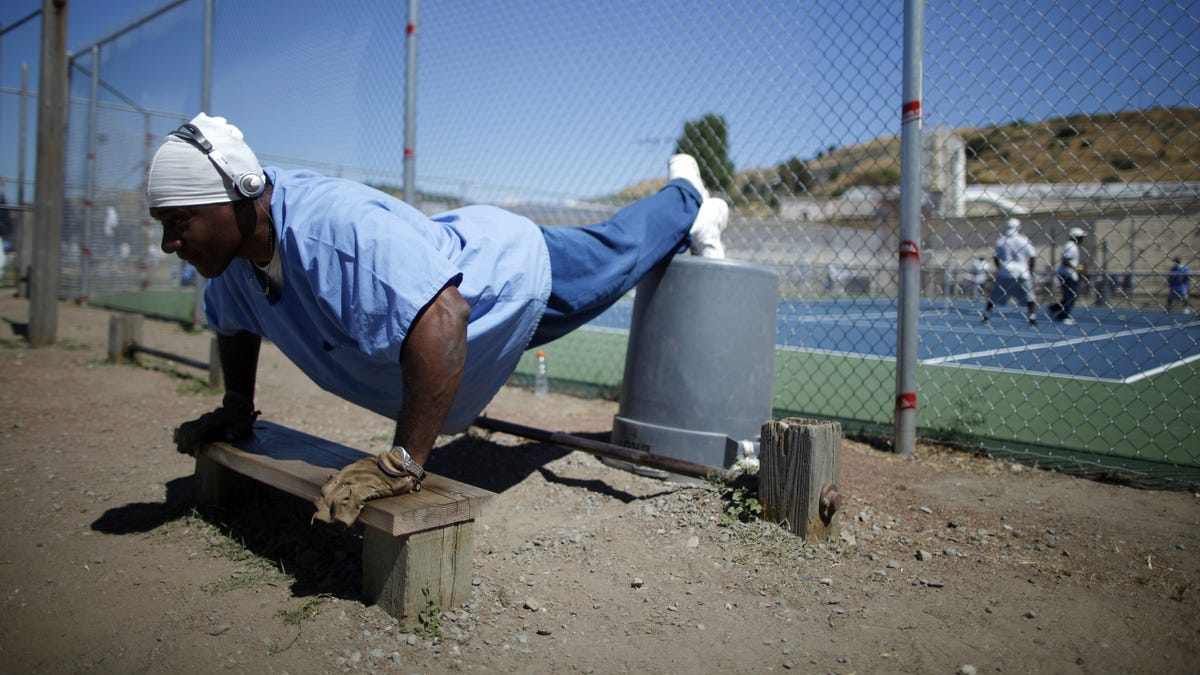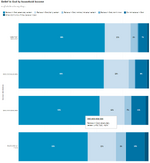Don2 (Don1 Revised)
Contributor
Interesting numbers were released not too long ago:
When examining the population at large in the U.S., there might be many more atheists, like 10% or so. Even 1% would be 10 times the percent as in prison. One of several studies has the US number around 4%. So one must wonder why are Christians (and other religionists) so much more frequently in prison than atheists who are vastly under-represented.
I'll offer explanations of this by breaking down some combinations of things into categories. Suppose, for example, the numbers are false. Why might that be? On the other hand, suppose the numbers are true. Let's break that possibility down into reasons intrinsically related and extrinsically related to religiosity/Christianity or atheism.
1. The numbers are false:

 qz.com
qz.com
Thoughts?
There were 139,002 people in the U.S. federal prison system last year, and exactly 143 of them identified as atheists. Those self-described atheists made up a mere 0.1% of the federal prison population.
When examining the population at large in the U.S., there might be many more atheists, like 10% or so. Even 1% would be 10 times the percent as in prison. One of several studies has the US number around 4%. So one must wonder why are Christians (and other religionists) so much more frequently in prison than atheists who are vastly under-represented.
I'll offer explanations of this by breaking down some combinations of things into categories. Suppose, for example, the numbers are false. Why might that be? On the other hand, suppose the numbers are true. Let's break that possibility down into reasons intrinsically related and extrinsically related to religiosity/Christianity or atheism.
1. The numbers are false:
We've noted in other threads that with greater freedom comes more ability to be atheist or to self-identify as atheist. In prison, there is certainly less freedom. The institutional pressure of religion gives advantages and disadvantages based upon religiosity. So, for example, turning to religious conversion is thought to reduce recidivism even though it isn't true at all. Atheists may also be looked down upon and targeted by guards and prison population at large.
2. The numbers are true:a. Intrinsic
It may be that there are more immoral and/or hypocrites among Christians and other religious groups than there are among atheists. If we look closely at Christianity we can observe that being "saved" is prioritized over being immoral, i.e. irrational faith and that one can ask for forgiveness for immorality. In fact, being saved washes away the sin, at least in protestant faiths. In Catholicism, confession and other religious rites also act as redemptive. Being "saved" vs being moral are almost like dual systems of ethics running simultaneously within Christianity and may create more opportunity for hypocrisy and contradictory behavior.
Here is a related study.
Compared to atheism, an atheist trying to live a moral life, will formulate an ethical system devoid of this bizarre duality. To add-life is not a simulation to an atheist. Actions within a lifetime might matter far more as they cannot simply be washed away by adhering to an irrational value called faith or an afterlife.
b. Extrinsic
Perhaps this is a case of correlation. We observe that religiosity is correlated to poverty. We observe that prison is also correlated to poverty. Poverty is of course related to all other kinds of things like education and opportunity.

New data clearly illustrate the poverty-to-prison pipeline
In the US, boys born into poor households often end up in prison as adults. Boys born into rich ones almost never do.
 qz.com
qz.com
Thoughts?
Last edited:

